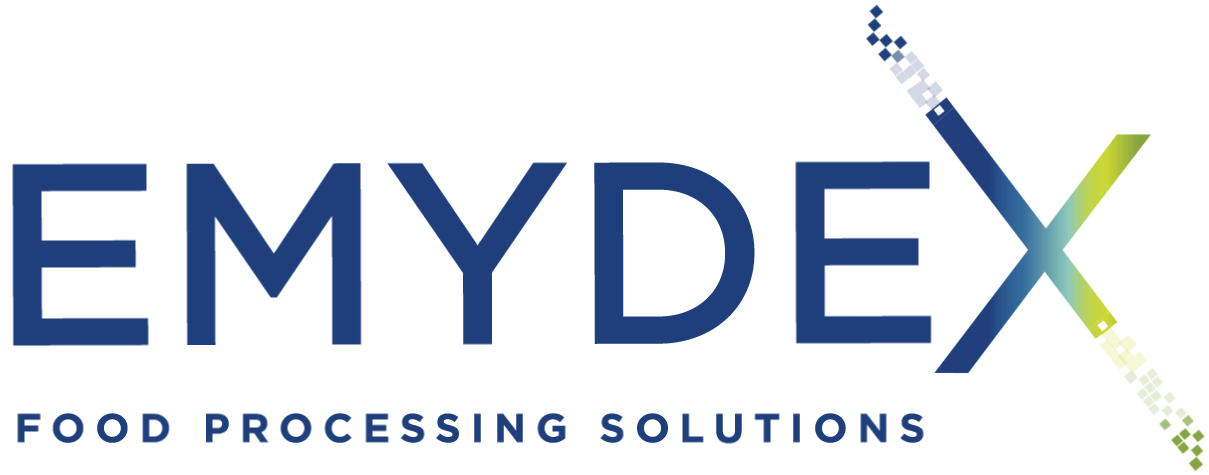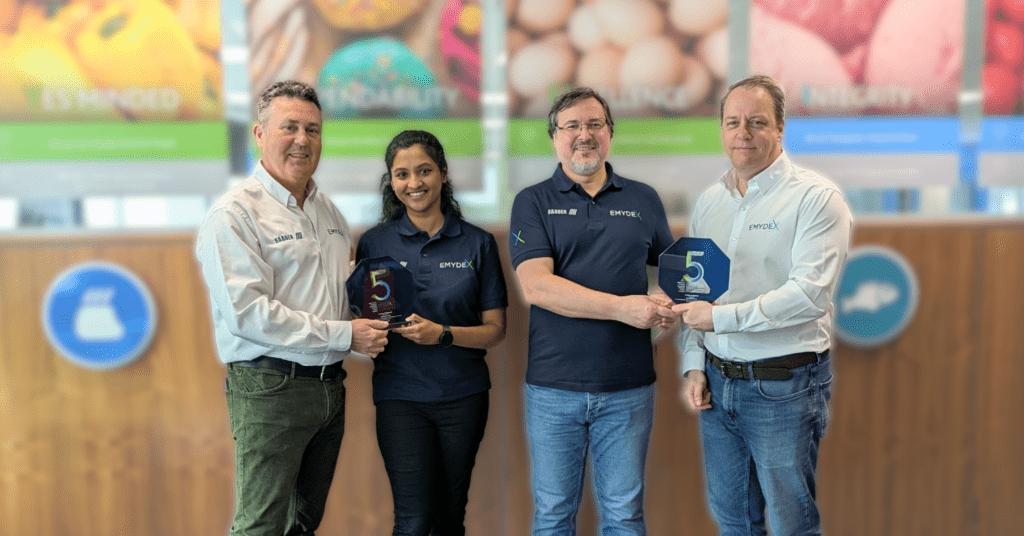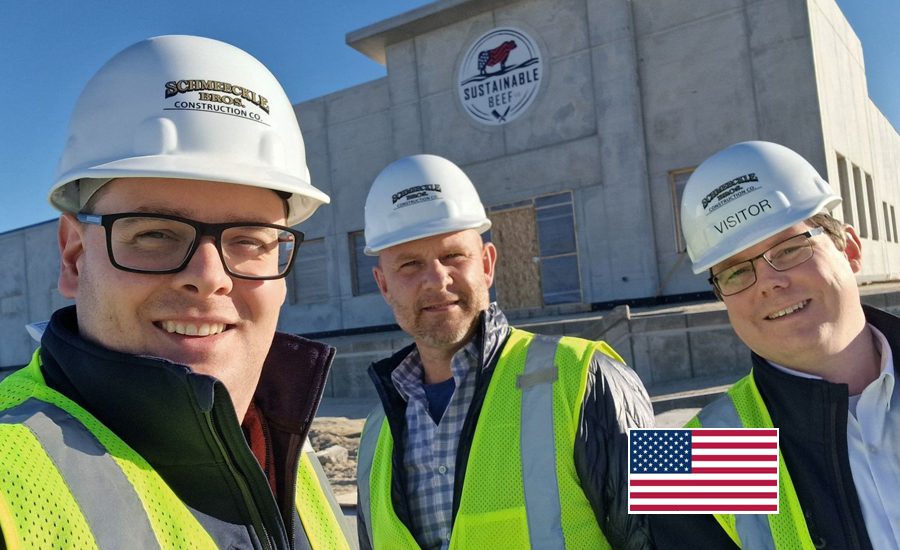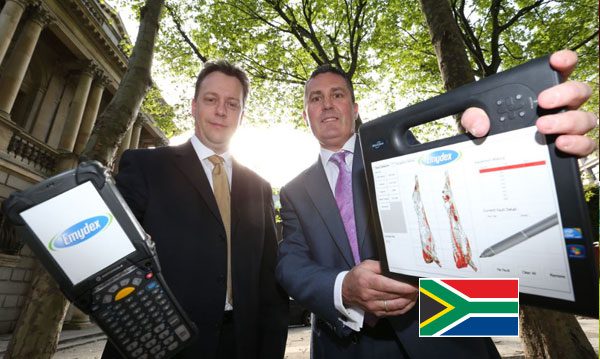
Ongoing uncertainty over Brexit has increased awareness among Irish companies of the need to diversify exports into new markets. In the agritech sector, where the consequences of a hard Brexit could be acute, South Africa offers vast opportunities for suppliers of agri-machinery and technology, as well as companies that offer livestock supplements and feed.
South Africa has the most diverse and productive agri-farming industry on the continent. In 2018, the overall agri value chain contributed 14pc to GDP, while 33pc of revenue earned from South African exports resulted from primary agri-produce. Additionally, the agri sector grew by 6.5pc in the third quarter of 2018.
Farming productivity and sustainability are key trends in South Africa and farmers are looking for new ways to improve their efficiency.
As they are willing to invest in innovative machinery and services that deliver value for money, the reputation that Ireland has developed for producing high-quality equipment has been well received by large commercial farmers.
At present, there is a demand for precision agricultural equipment, such as tractors, planters, balers, sprayers, storage, and soil-testing equipment, most of which are imported.
One Irish agri company, Abbey Machinery, moved into the market in 2018 after a sales enquiry led to one of its diet feeder machines proving its mettle in the country's demanding Highveld region.
Michael O'Grady, sales, marketing and business development manager at Abbey Machinery, said: "The dealer who contacted us had initially seen opportunity only for our feeders but one of the mega farmers also saw a need for one of our slurry tankers because it had more elements he could use than his current machine, which was also imported from Europe.
"There's lots of competition in South Africa - we're not the first foreign agricultural machinery manufacturer in the market - but farmers liked the quality of the machine, how well it was built, and how well it was able to handle the feed."
Easyfix also entered the South African market last year, offering rubber matting and flooring solutions via distributors.
PJ Burke, sales director of the Ballinasloe-based company, toured several farms and believes that farmers are willing to spend money on quality products that add value to their operations.
"We've equipped six farms with our products so far. Obviously there's competition with established products, but we've got a good hit rate and the feedback we're getting from the installations so far is very positive," he said.
"It's not an important market for us yet but it will be. The farmers that I've visited, eight to 10 of them, all have high-production herds, so there's a real opportunity for our range of products to get a foothold there."
Software company Emydex has grown its presence in South Africa over the last six years and a local partner has assisted the company in setting up 16 factories across Southern Africa.
Its tailored solutions and standard products are implemented across food-processing industries, including beef, ostrich and cold storage in South Africa, Namibia and Botswana.
"Emydex entered the South African market with our first factory floor implementation in 2013," said Shane Hayes, a business analyst who covers technical sales for Emydex.
"With assistance from Enterprise Ireland using market research, Emydex was able to establish a pipeline of prospects that fit with our vision and business model."
Emydex now plans to work in close collaboration with both Enterprise Ireland in Africa and their local partner to expand into new countries within the market, including Kenya and Nigeria.
Abbey Machinery, Easyfix and Emydex are among several Irish companies that are establishing the Irish brand in South Africa.
Enterprise Ireland will continue to support Irish agritech companies that enter and have presences in South Africa and other African countries.
Article written by Dr Ureshnie Govender - a senior market adviser in Life Science and Agritech for Enterprise Ireland in Johannesburg, South Africa.
